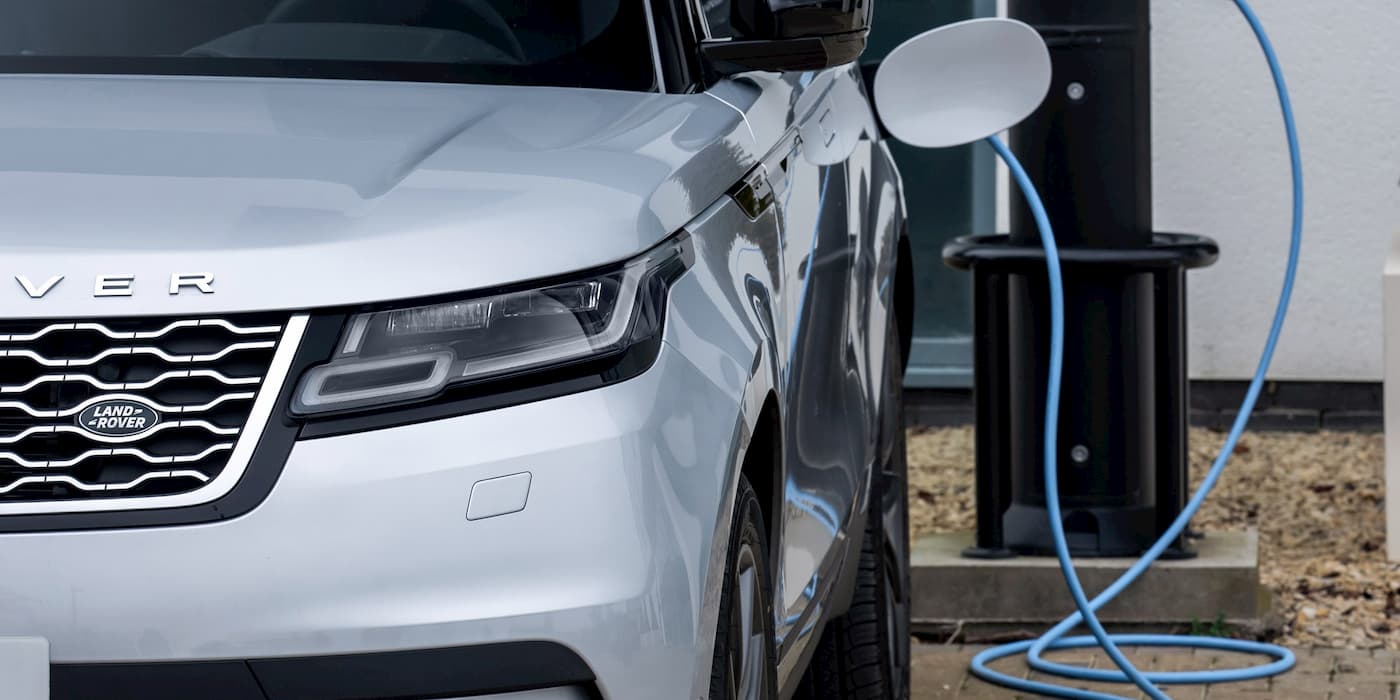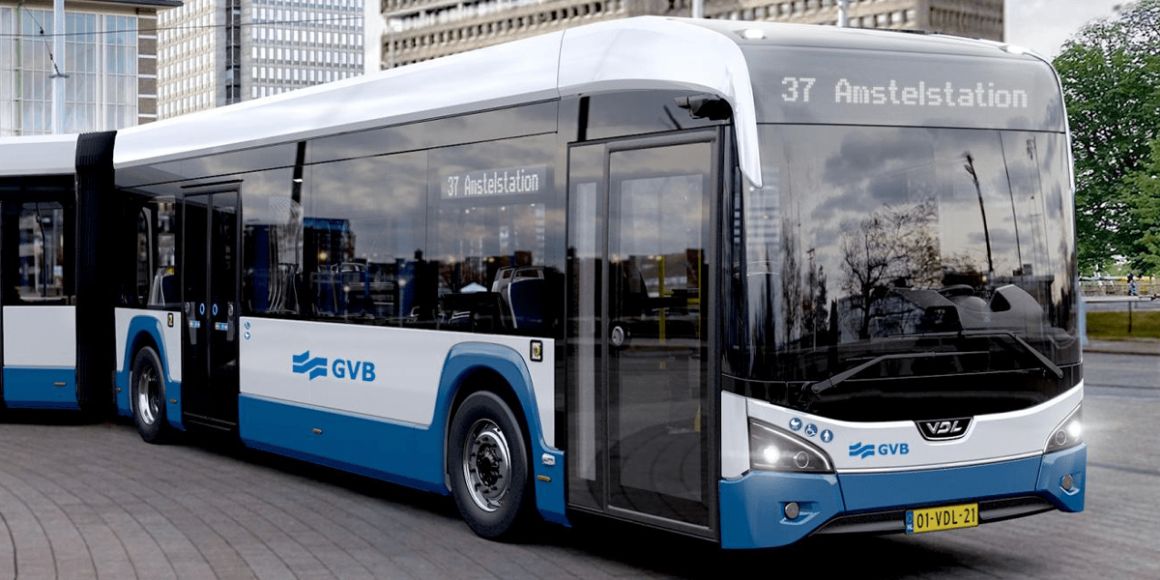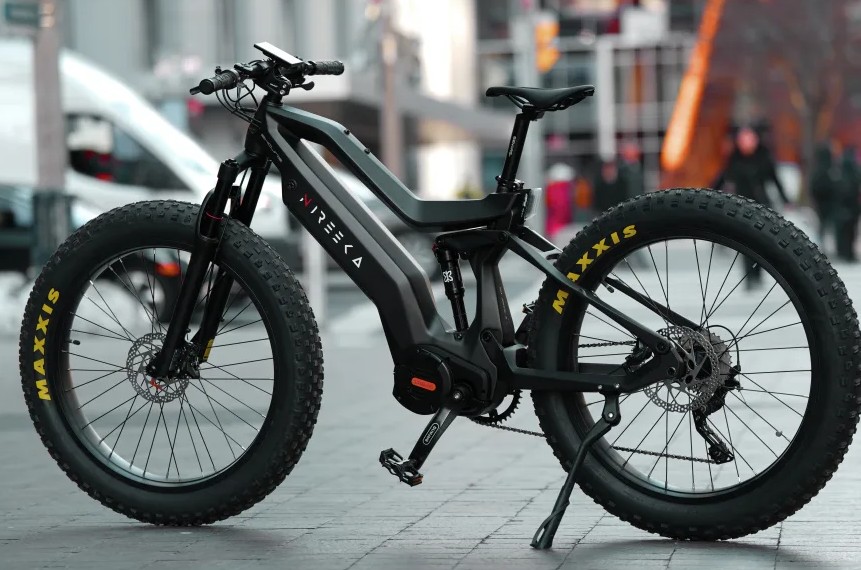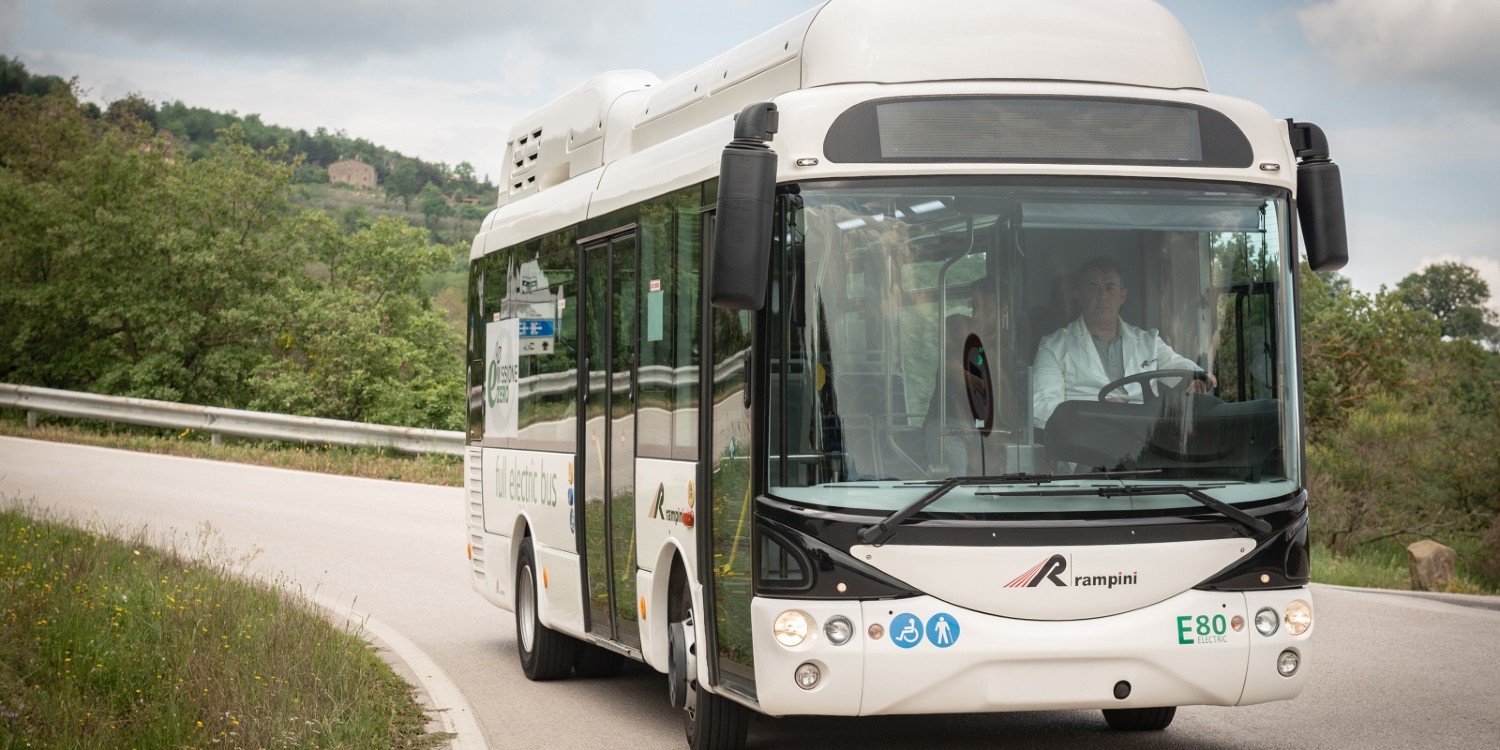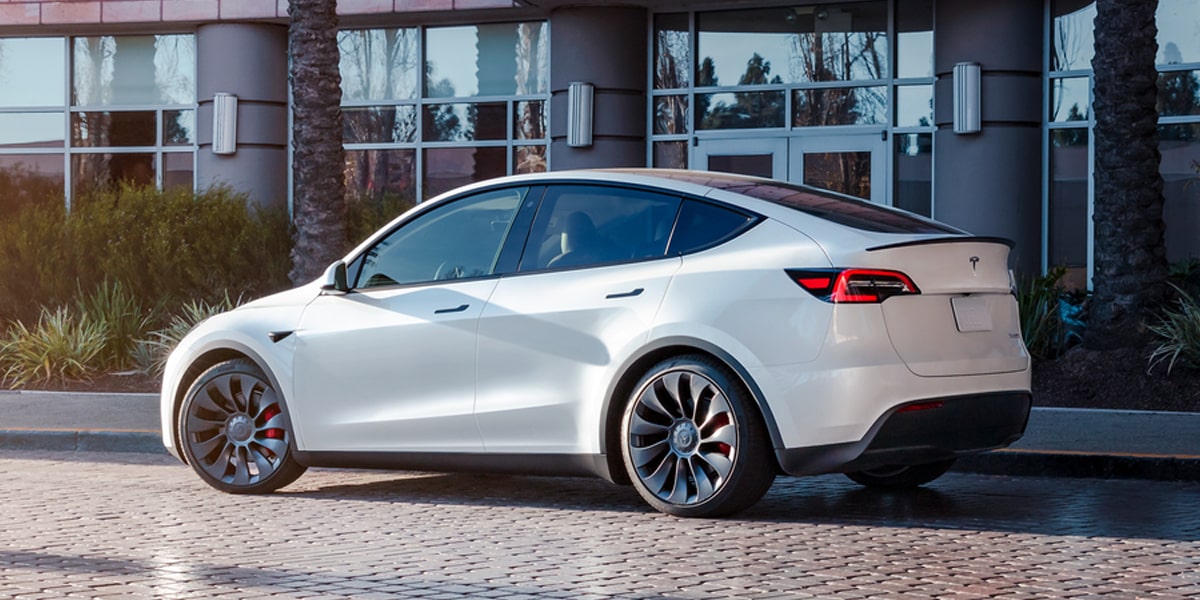Jaguar Land Rover (JLR), the renowned British luxury automaker, is undergoing a significant transformation in its vehicle lineup to align with the industry’s shift towards electric vehicles (EVs). In its latest plans, JLR aims to introduce an electric successor to the Range Rover Velar, an elegant and functional contender in the upcoming electric SUV market, where it will rival the Porsche Macan EV.
Last year, JLR announced its intention to revamp its Halewood facility, originally established by Ford, located on the outskirts of Liverpool. The automaker revealed its plan to produce at least three EVs at this plant. While JLR confirmed that the Range Rover Discovery Sport and Evoque SUVs, currently manufactured at the Halewood facility, will receive electric upgrades, the details of the third model remained unknown until recently.
Autocar reported that a company update disclosed the introduction of a fully electric Velar SUV to join the existing popular models in JLR’s lineup. The new Velar is expected to be built on JLR’s new EMA platform. Initially unveiled as an EV architecture supporting hybrids in 2021, the EMA platform was designed for smaller Land Rover models. However, JLR now confirms that the Velar, Evoque, and Discovery Sport will all receive full electric upgrades.
While JLR has not yet released comprehensive information about the forthcoming EMA architecture, slated for release in 2024, it has shared some key features. The platform will incorporate a flexible battery structure and support 800V fast charging capabilities. These advancements are aimed at enhancing the overall performance and convenience of the vehicles.
The electric Velar will directly compete with the Porsche Macan EV, which is scheduled for release next year. Based on the Audi co-developed 800V PPE platform, the Macan EV is positioned as the sportiest model in its segment. To ensure the success of the electric Velar, JLR’s Vehicle Program Director, Nick Collins, emphasized the importance of delivering “true Range Rover value,” encompassing off-road capabilities, usability, and refinement.
JLR has stated that the electric motors utilized in the EMA platform will achieve an efficiency of around 4 to 4.5 miles per kilowatt-hour (kWh), making them the most torque-dense in their class. Consequently, the electric Velar is expected to surpass the range and off-road capabilities of its internal combustion engine (ICE) predecessors.
Last July, JLR announced that the EMA platform was undergoing engineering approval and is scheduled to begin production in the coming months. As part of the “Reimagine” strategy introduced in 2021, Jaguar will transition into an all-electric brand by 2025, while the rest of the JLR lineup will follow suit by the end of the decade. Additionally, JLR is streamlining its product portfolio into distinct categories—Jaguar, Range Rover, Defender, and Discovery—to optimize brand recognition and profitability.

